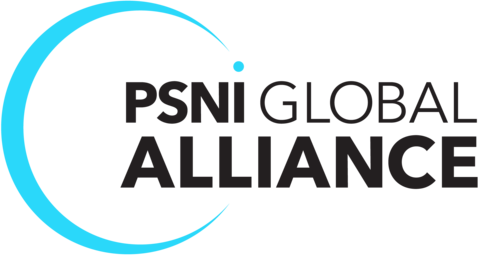One common assumption made by business owners and principals is that if the client pays the bill and signs off on the work performed, then they are overall satisfied with the provider. The second assumption is that if an employee shows up to work and does their job that they are engaged and overall satisfied with the employer. We all know those are broad assumptions, but in the course of daily business if it doesn’t appear to be broke on those two fronts then move on to something more pressing.
We’ve all read (and heard) that there is a direct correlation between highly engaged employees and overall client satisfaction. It seems obvious in some ways that if your employees are happy and engaged in the company, they will in turn lend that over to the customer, but what and where is the data behind it? We couldn’t seem to find anything within the AV/IT industry that proved the same rules applied.
PSNI conducted a study to figure out the burning question, “Could business outcomes and client satisfaction improve with higher engaged employees?” Translation—we need all the help we can get!
In order to figure this out, we started by leveraging data from PSNI’s proprietary third-party administered surveys; QualTrak™ by PSNI, a survey used by PSNI affiliates to track integration and service interactions and Engage!™ by PSNI, a survey used to measure employee satisfaction and engagement across PSNI participating companies.
Based on the input of nearly 3000 employees in the 2015 survey, we found that 82% of employees were satisfied with their employment meaning They are generally loyal, expecting to remain with their company for at least another year. They are likely to contribute outside their normal work duties by recommending services (93%) or giving extra effort at work (98%). Approximately one-third of employees were classified as “engaged” based on the six key drivers of employee engagement include trust in senior leaders, a caring organizational culture, employees who fit with their job and the organization, employee ownership of their job responsibilities, potential for achievement, and leaders who communicate effectively.
Using linear regression analysis – something that I don’t fully understand but take the word of our research partner – they pulled together data looking for the correlation of three key points; Overall employee satisfaction, customer Net Promoter Scores (NPS), and customer likelihood to recommend the integrator/service provider.
In our first study we took a look at employee disengagement and its effect on business. This study showed that as the percentage of disengaged employees increases, the likelihood of customers recommending the affiliate decreases. And for every one percent increase of employee disengagement, the likelihood to recommend the affiliate (by the customer) decreased by more than one-half percent. For example, if employee disengagement increased by 10% then the likelihood to recommend the affiliate by the client decreased by more than 5%.
In the second study, we examined those who were classified as engaged employees. As you may guess, it was found that as the percentage of engagement increases, the likelihood of customers recommending the affiliate increases. And for every one percent increase in employee engagement, the likelihood to recommend the affiliate by the client increased by nearly one-quarter percent. As an example, for every 10% increase in engagement, the likelihood to recommend the affiliate by the customer increased by 2.5%.
To summarize, there is a huge threat to your business when your employees are disengaged, even by a small degree. An increased focus on employee engagement will have a meaningful effect on your business.
It’s important to understand the key drivers of employee engagement within your own company. Creating initiatives at work designed to improve those attributes will have the most effective impact on employee engagement leading to a positive impact on customer likelihood to recommend your company and ultimately to higher revenues and profits. Most importantly, ask your customer about their experience with your company—not just generic questions, but specific issues about their most recent interaction that may help you review and improve your business practices and customer loyalty.
So, the next time you have a very satisfied client, thank your employees – they made it happen!









